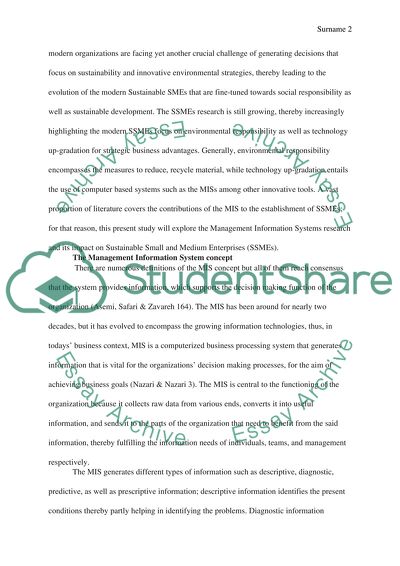Cite this document
(“Management Information Systems Research and its Impact on Sustainable Paper”, n.d.)
Management Information Systems Research and its Impact on Sustainable Paper. Retrieved from https://studentshare.org/information-technology/1636263-management-information-systems-research-and-its-impact-on-sustainable-small-and-medium-enterprises-smes
Management Information Systems Research and its Impact on Sustainable Paper. Retrieved from https://studentshare.org/information-technology/1636263-management-information-systems-research-and-its-impact-on-sustainable-small-and-medium-enterprises-smes
(Management Information Systems Research and Its Impact on Sustainable Paper)
Management Information Systems Research and Its Impact on Sustainable Paper. https://studentshare.org/information-technology/1636263-management-information-systems-research-and-its-impact-on-sustainable-small-and-medium-enterprises-smes.
Management Information Systems Research and Its Impact on Sustainable Paper. https://studentshare.org/information-technology/1636263-management-information-systems-research-and-its-impact-on-sustainable-small-and-medium-enterprises-smes.
“Management Information Systems Research and Its Impact on Sustainable Paper”, n.d. https://studentshare.org/information-technology/1636263-management-information-systems-research-and-its-impact-on-sustainable-small-and-medium-enterprises-smes.


